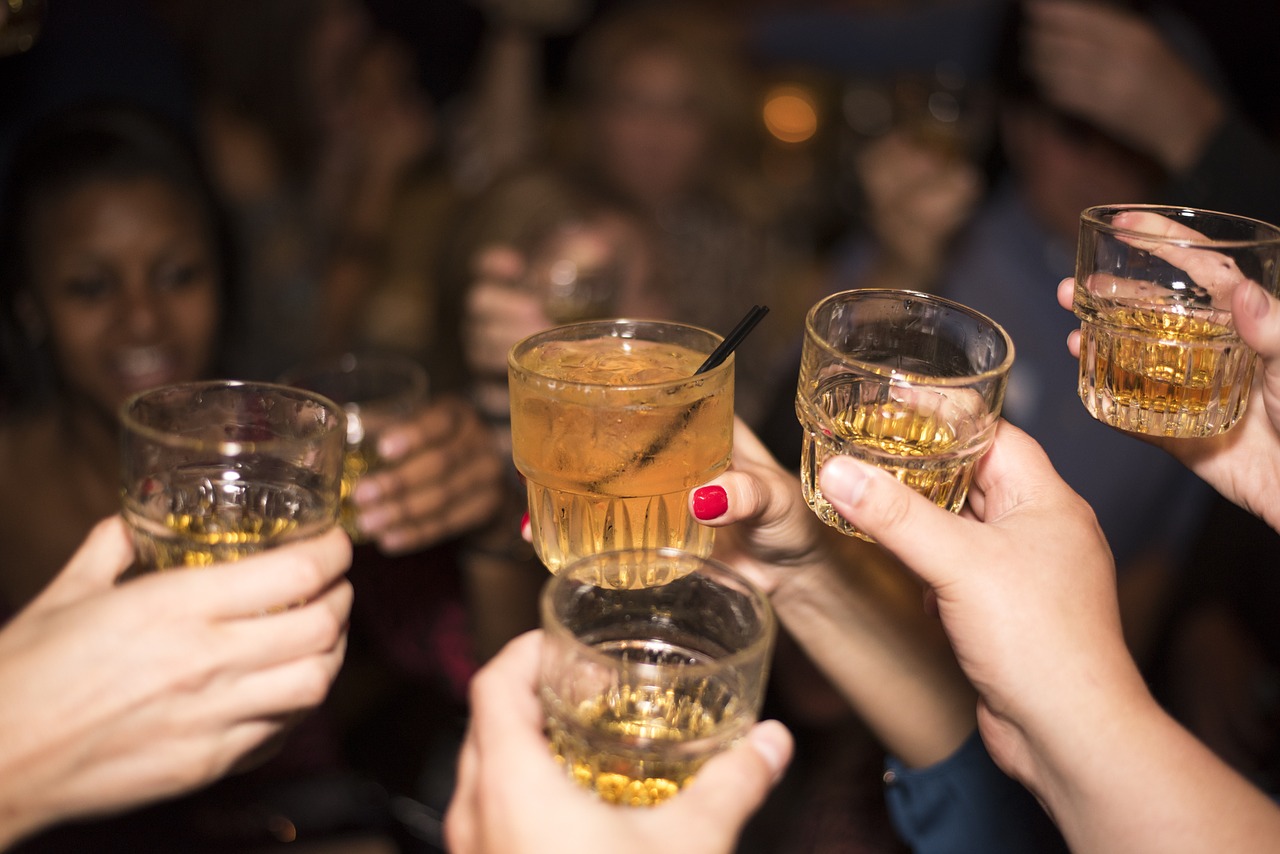The Peach State seems to have a confusing love-hate relationship with alcohol, and their official alcohol laws show it. They love their drinks but they’re also in the good Christian South where, like in many Southern states, alcohol has been everything from taboo to abused and everything in between.
Georgia’s geographic location in the heart of the Bible Belt has been extremely evident through the state’s conservative cultural expression via its alcohol laws. The sale of alcohol was not allowed on Sundays until 2011, but in the last eight years, serious changes have been made.
The most recent development in Georgia’s alcohol laws happened earlier this year with the passage of the Brunch Bill, also known as the Mimosa Mandate. This bill allows restaurants to serve alcohol as early as 11 a.m. on Sundays, whereas before it had been illegal to serve alcohol before 12:30 p.m.
In March 2014, Governor Nathan Deal signed into law a bill allowing Sunday alcohol sales in bars on St. Patrick’s Day and the Sundays leading up to the holiday. Although originally brought to the floor by congressmen from Savannah, where St. Patrick’s Day is heavily celebrated and attracts a large number of tourists every year, barkeepers throughout the state struck their luck with the passage of this legislation.
Certain other holidays are also reason for Georgian alcohol retailers to rejoice. In addition to special legislation for St. Patrick’s Day, bars and restaurants serving alcohol are allowed to make alcohol sales until 2:30 a.m. on New Year’s Eve, the Sundays before Memorial and Labor Day, and July 3 and 4. Conversely, alcohol sales are prohibited on Christmas Day, New Year’s Day and Thanksgiving Day in most counties throughout Georgia.
Georgia does not impose many alcohol laws statewide, but it does put regulatory power in the hands of individual counties, which can be confusing if you’re traveling through different parts of the state. Five counties in the Peach State — Decatur, Coweta, Dodge, Franklin and Murray — are dry counties, meaning that there are no retail liquor sales. This does not mean it’s illegal to drink, only that alcohol sales in these counties are prohibited.
Most other counties, however, have similar weekly and Sunday regulations. The city of Atlanta, for example, allows bars and restaurants to serve alcohol from 11 a.m. until midnight on Sundays and from 9 a.m. until 2:30 a.m. Monday through Saturday. Groceries and convenience stores can sell alcohol from 8 a.m. until 11:45 p.m. Monday through Saturday. They are still prohibited from selling alcohol on Sunday before 12:30 p.m.; the Mimosa Mandate does not apply to grocery and convenience stores, only to restaurants.
If there’s one thing Georgians love to do, especially in the summer, it’s getting their boats out and getting out on a lake. Whether getting an adrenaline rush while tubing or just relaxing and lounging on the deck with a cold drink, boating is the perfect way to soak up that hot Southern sun. In fact, it’s such a popular summer activity that the state had to start regulating alcohol consumption when driving a boat. Boating under the influence (BUI) is prohibited under Georgia law.
Having a blood alcohol concentration (BAC) greater than 0.08 for all adults over 21 years old qualifies as being “under the influence.” Perpetrators under 21 years old are under the influence if their blood alcohol concentration is greater than 0.02.
While BUI laws are common in many other states, Georgia alcohol laws go even further, stating, “no person shall operate, navigate, steer, or drive any moving vessel, or be in actual physical control of any moving vessel, nor shall any person manipulate any moving water skis, moving aquaplane, moving surfboard, or similar moving device” while under the influence of any drugs or alcohol. This includes all unanchored boating varieties, except homemade and inflatable rafts.
In 2016, Georgia lawmakers passed a bill legalizing floating under the influence, which allows Georgians to tube down the Chattahoochee or float on Lake Lanier with alcohol as long as they are within 100 feet from shore.
Unlike many other states, Georgia has no statewide ban on drinking alcohol in public. While certain cities and counties have imposed their own alcohol laws prohibiting drinking in public, most of the state has free-ranging open container laws. Savannah is most famous for its open container laws, where tourists get excited about the historic district, tales of ghosts and unsolved mysteries, the shops on River Street and, of course, drinking in public.
Georgia’s few statewide alcohol laws give the power of regulation to municipalities within the state, which is why it seems like almost every county has its own set of rules. While this can be confusing when traveling through the state, most counties have similar timetables in their restrictions: Alcohol sales are permitted from early morning until after midnight hours Monday through Saturday, and 11 a.m. until around midnight on Sundays, with the exception of the five dry counties.
3 Bonus Georgia alcohol laws from ye times of old but are technically still laws.
— In Columbus, it is illegal to sell two beers at once for a single price. Two for one specials? You might as well suggest selling cornflakes on Sundays, which is also illegal in Columbus.
— Bars are not allowed to hold ladies’ nights, also in Columbus. If girls just want to have fun, they’ll have to look elsewhere.
— Massage businesses are not allowed to sell alcohol. Turns out spas offer teas and water just because they’re not allowed to sell alcohol, not necessarily because of health reasons.
















